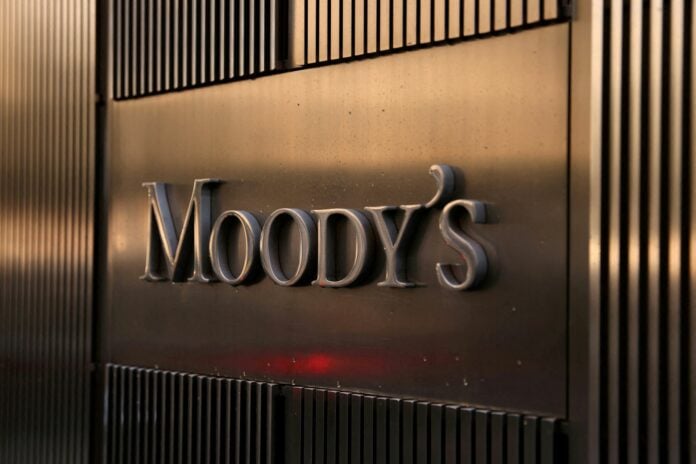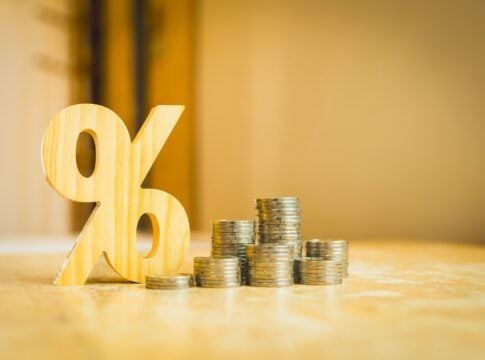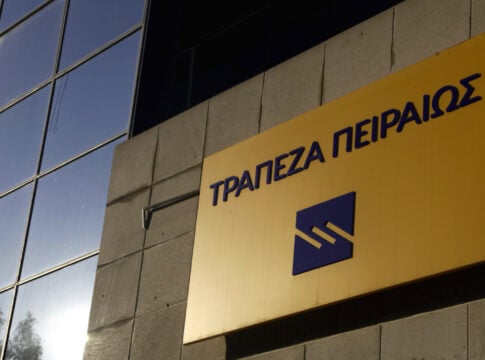The announcements of the foreign rating agencies for the Greek economy, which start in September, are awaited with great interest, with Moody’s evaluation being the most important, as it is the only one that has not upgraded the Greek economy with investment grade rating.
The new rating round starts on September 6 with DBRS, followed by Moody’s on September 13, Standard and Poor’s on October 18, Fitch on November 22 and Scope Ratings on December 6, 2024.
Expectations are high, as the company’s executive, Colin Ellis, speaking at the Economist’s conference, opened a window for an upgrade of the Greek economy to investment grade by Moody’s, avoiding, however, to pre-announce or commit to what the international rating agency will do in September.
It is estimated that Moody’s rating, on September 13, is particularly important as it is the largest agency in the world, which is why the potential demand in the event of an upgrade for Greek bonds can even reach 20 billion euros.
Moody’s rating remains at Ba1 (one notch below investment grade) with stable re-rating prospects.
According to the Bank of Greece, the change in the outlook of the credit rating of the Greek economy to positive by Standard and Poor’s in April 2023 led to a significant increase in the positions of investment funds in Greek government bonds, in relation to other government bonds.
These results are remarkable for two reasons. On the one hand, the increase in demand for Greek securities was observed at a time when investment funds were reducing their positions in bonds with low credit ratings.
On the other hand, the decline in Greek government bond yields, largely explained by the increase in the positions of international investment funds, outweighed the upward pressures observed on bonds internationally due to interest rate increases.
Investors had already started discounting Greece’s investment-grade sovereign credit rating upgrade after S&P changed its outlook to positive in April 2023.















